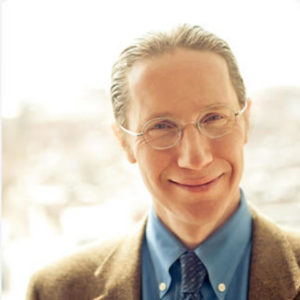Mark Daly is the founding Chief of the Analytic and Translational Genetics Unit (ATGU) at Massachusetts General Hospital and an assistant professor at the Harvard Medical School. His research has historically focused on the development and application of statistical methods for the discovery and interpretation of genetic variation responsible for complex human disease and with the creation of the ATGU, he and other core faculty are focused on the interpretation of genome sequence and the use of genome information in clinical settings. Mark is also an Institute Member and Co-Director of the Program in Medical and Population Genetics at the Broad Institute, where he leads many large scale genome sequencing studies in autism and inflammatory bowel disease.
While developing computational and statistical methods that can be broadly applied, his group has several primary medical genetics research foci. He has extensive research program in neuropsychiatric genetics – particularly in autism, schizophrenia and ADHD – and has led large-scale GWAS and exome sequencing efforts in this area. His lab serves as the analytic hub for the Psychiatric GWAS Consortium, and international consortium leading the largest collaborative GWAS studies in 5 major psychiatric disorders. He also has a longstanding effort in the mapping of genes for Crohn’s disease and ulcerative colitis where he helped found and lead an international effort that has identified more than 150 genetic risk factors and, in collaboration with Dr. Ramnik Xavier’s group, pursues the functional interpretation and clinical ramifications of these continued gene discovery efforts.
Mark was appointed Director of the Institute of Molecular Medicine Finland (FIMM) at the University of Helsinki in February of 2018, though he maintains his lab and affiliations in Boston. FIMM is a translational research institute with a focus on cancer, digital diagnostics, genetics and epidemiology is the home of landmark efforts such as the FinnGen Project.
Mark received his B.S. in physics from MIT and his Ph.D. in human genetics from Leiden University, Netherlands.



